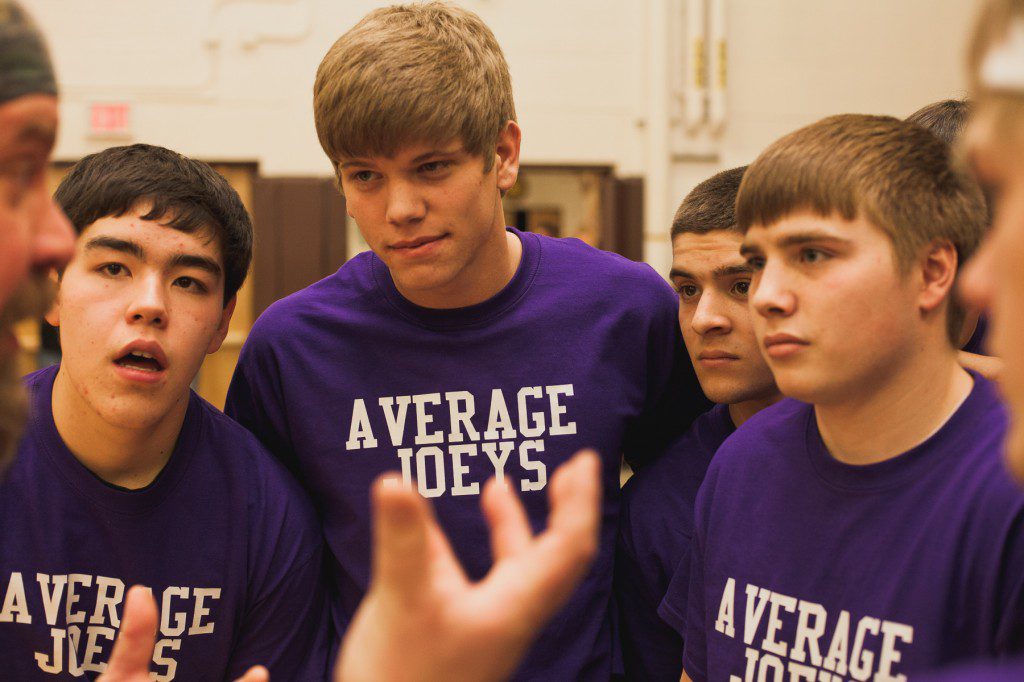
40 Developmental Assets are essential qualities of life that help young people thrive, do well in school, and avoid risky behavior.
Youth Connections utilizes the 40 Developmental Assets Framework to guide the work we do in promoting positive youth development. 40 Assets was developed by the Minneapolis-based Search Institute based on extensive research. Just as we are coached to diversify our financial assets so that all our eggs are not in one basket, the strength that the 40 Assets model can build in our youth comes through diversity. In a nutshell, the more of the 40 Assets youth possess, the more likely they are to exhibit positive behaviors and attitudes (such as good health and school success) and the less likely they are to exhibit risky behaviors (such as drug use and promiscuity). It’s that simple: if we want to empower and protect our children, building the 40 Assets in our youth is a great way to start.
Look over the list of Assets on the following page and think about what Assets may be lacking in our community and what Assets you can help build in our young people. Do what you can do with the knowledge that even through helping build one asset in one child, you are increasing the chances that child will grow up safe and successful. Through our combined efforts Helena will continue to be a place where Great Kids Make Great Communities.
For more information on the 40 Assets, visit www.search-institute.org/assets/ or request a 40 Development Asset training by the Youth Connections office.
- Family Support – Family life provides high levels of love and support.
- Positive family communication – Young person and her or his parent (s) communicate positively, and young person is willing to seek advice and counsel from parents (s).
- Other adult relationships – Young person receives support from three or more nonparent adults.
- Caring neighborhood – Young person experiences caring neighbors.
- Caring school climate – School provides a caring, encouraging environment.
- Parent involvement in schooling – Parents (s) are actively involved in helping young person succeed in school.
- Community values youth – Young person perceives that adults in the community value youth.
- Youth as resources – Young people are given useful roles in the community.
- Service to others – Young person serves in the community one hour or more per week.
- Safety – Young person feels safe at home, at school, and in the neighborhood.
- Family boundaries – Family has clear rules and consequences and monitors the young person’s whereabouts.
- School boundaries – School provides clear rules and consequences.
- Neighborhood boundaries – Neighbors take responsibility for monitoring young people’s behavior.
- Adult role models – Parent (s) and other adults model positive, responsible behavior.
- Positive peer influence – Young person (s) best friends model responsible behavior.
- High expectations – Both parent (s) and teachers encourage the young person to do well.
- Creative activities – Young person spends three or more hours per week in lessons or practice in music, theater, or other arts.
- Youth programs – Young person spends three or m ore hours per week in sports, clubs, or organizations at school and/or in the community.
- Religious community – young person spends one or more hours per week in activities in a religious institution.
- Time at home – Young person is out with friends “with nothing special to do” two or fewer nights per week.
- Achievement motivation – young person is motivated to do well in school.
- School engagement – young person is actively engaged in learning.
- Homework – Young person reports doing at least one hour of homework every school day.
- Bonding to school – young person cares about her or his school.
- Reading for pleasure – Young person reads for pleasure three or more hours per week.
- Caring – young person places high value on helping other people.
- Equality and social justice – Young person places high value on promoting equality and reducing hunger and poverty.
- Integrity – Young person acts on convictions and stands up for her or his beliefs.
- Honesty – Young person “tells the truth even when it is not easy.”
- Responsibility – Young person accepts and takes personal responsibility.
- Restraint – Young person believes it is important not to be sexually active or to use alcohol or other drugs.
- Planning and decision making – Young person knows how to plan ahead and make choices.
- Interpersonal competence – Young person has empathy, sensitivity, and friendship skills.
- Cultural competence – Young person has knowledge of and comfort with people of different cultural/racial/ethnic backgrounds.
- Resistance skills – Young person can resist negative peer pressure and dangerous situations.
- Peaceful conflict resolution – Young person seeks to resolve conflict nonviolently.
- Personal power – young person feels he or she has control over “things that happen to me.”
- Self-esteem – Young person reports having a high self-esteem.
- Sense of purpose – Young person reports that “my life has a purpose.”
- Positive view of personal future – Young person is optimistic about her or his personal future.
